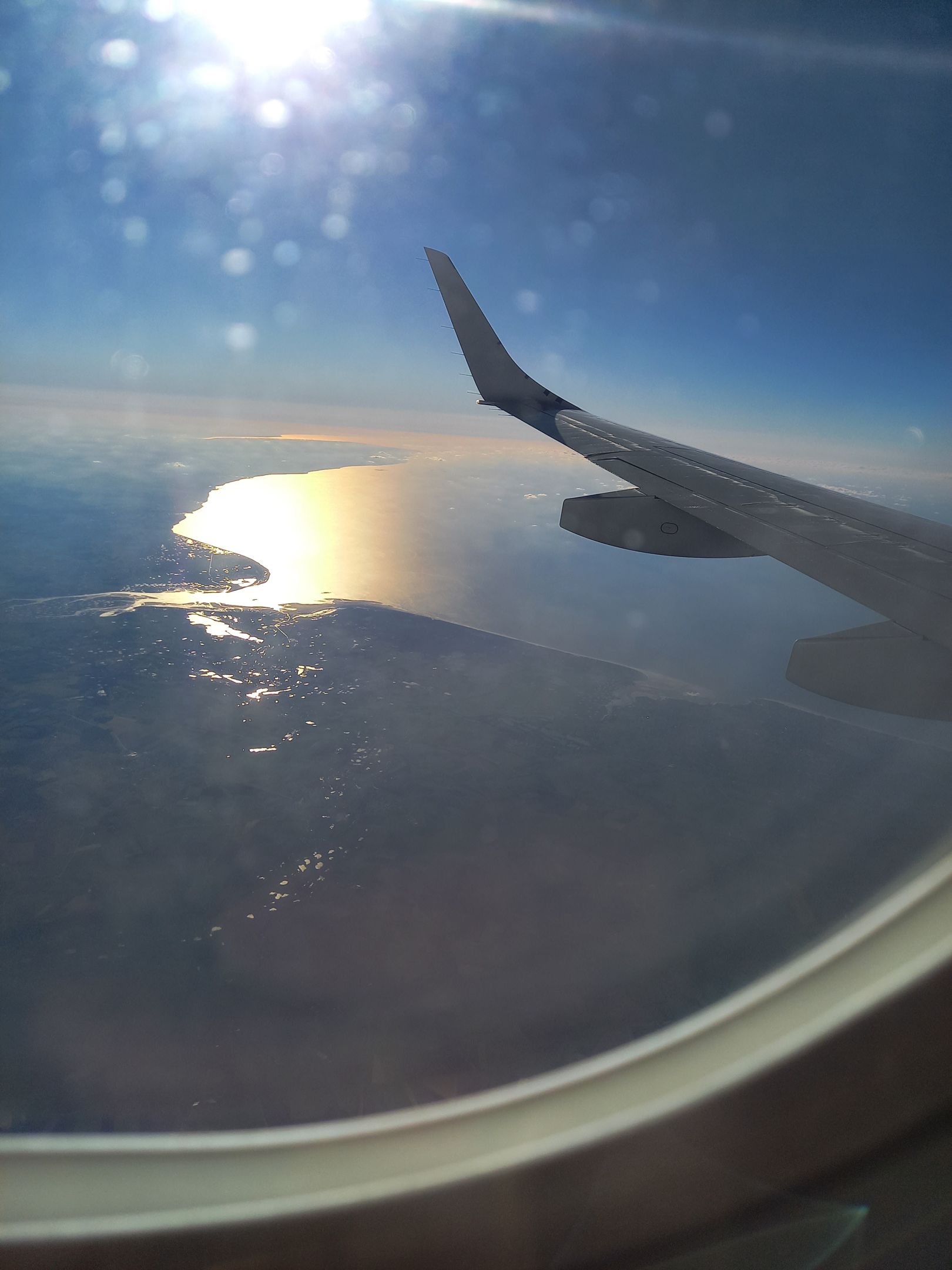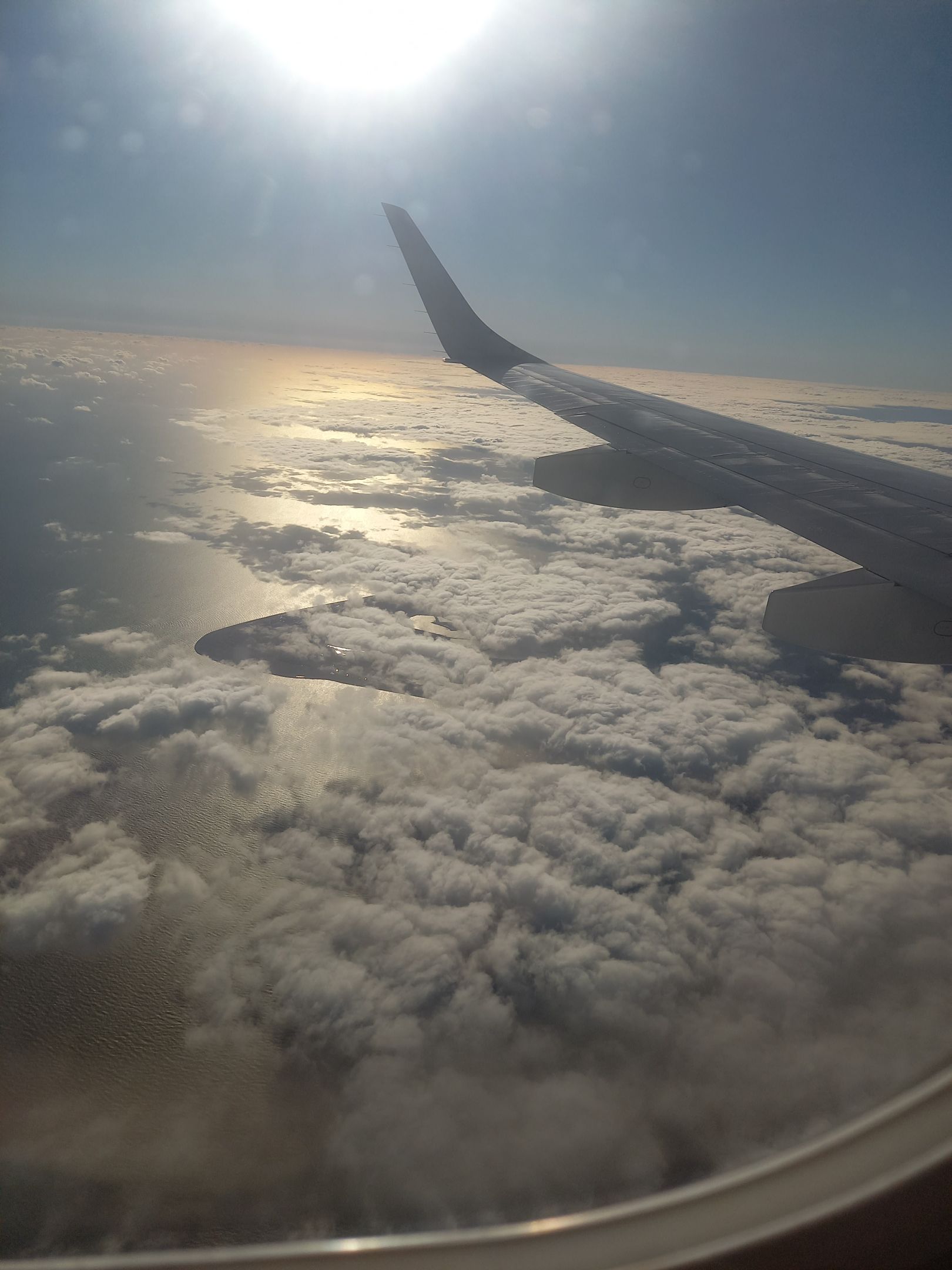From Sunday 23rd of April to Wednesday 26th of April the international British Neuroscience Association’s festival of neuroscience of 2023 took place at the Brighton Centre. And please check out the view of one of the conference rooms:
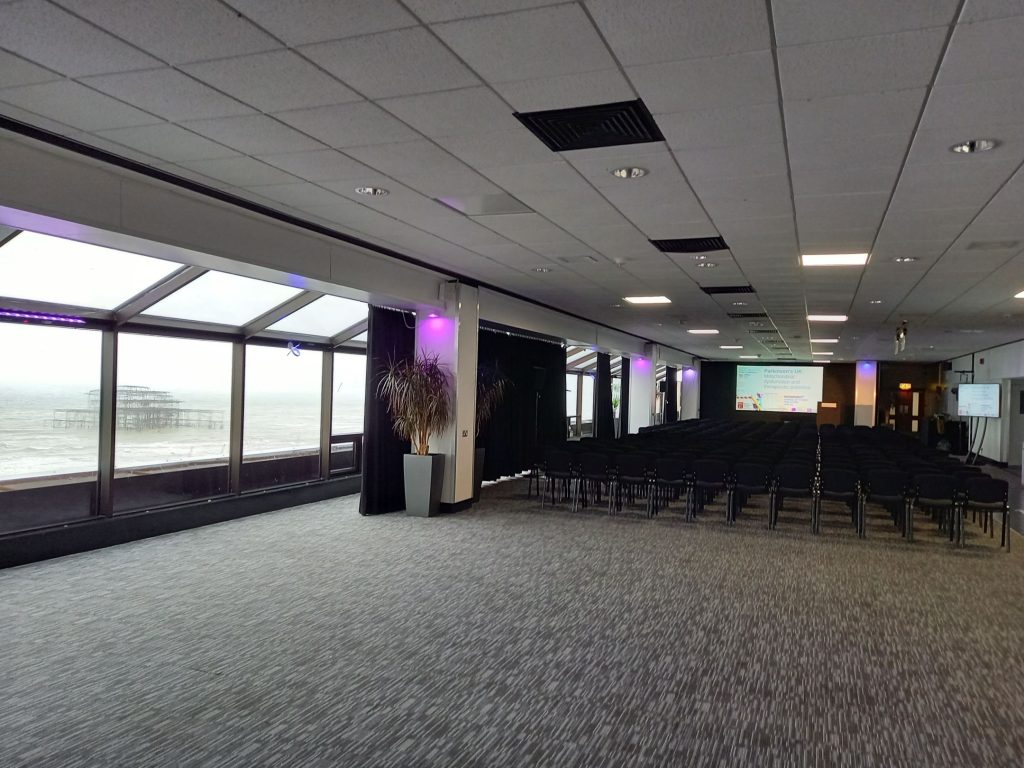
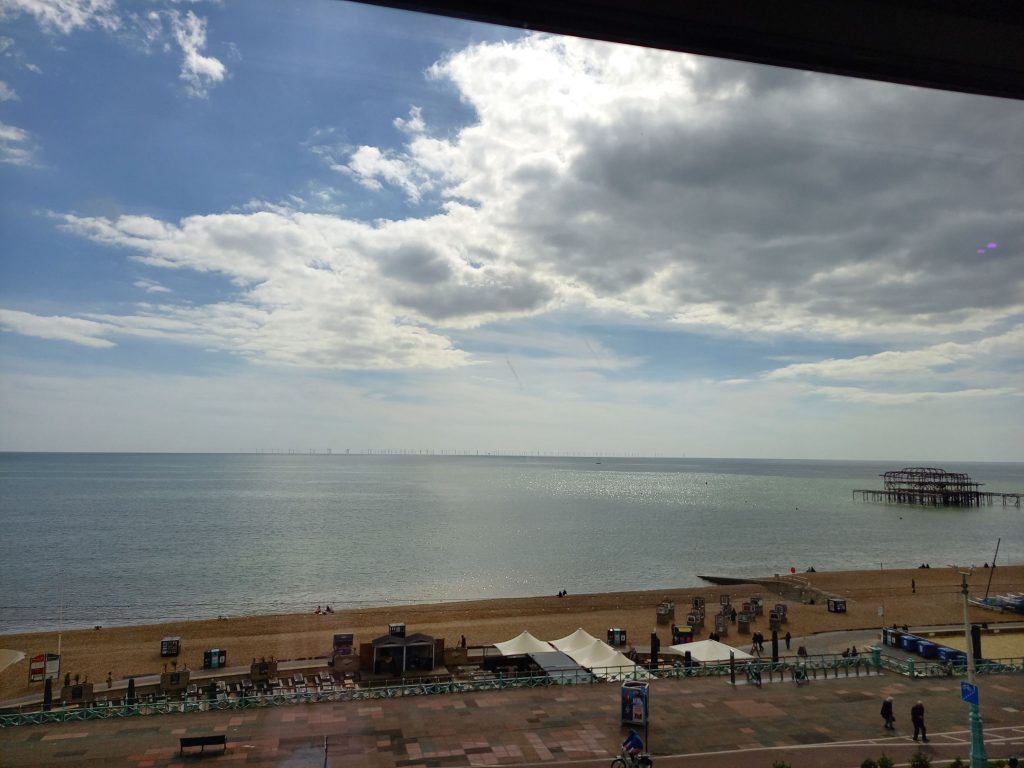
As a systematic musicologist with only very specific knowledge of neuroscience in relation to music – as in what happens in the brain when we listen to music or making music ourselves – Lucy, one of my PhD supervisors, had suggested to join the conference and present a preregistration poster of our MMMP-project to learn more about the neuroscientific side of Parkinson’s research as well as getting feedback on our work from a different perspective. And, wow, I can tell you, it was a buzzing time and fascinating experience that I wouldn’t want to miss. So, thank you very much, Lucy!
I arrived on Saturday to give myself the chance to see something of Brighton as well. It is an amazing city that feels like it is buzzing with all the excitement of the people in it. Unfortunately, the weather has been quite mixed, but after living in the UK for about 2 months, I now know that is very normal and the weather can change every 10 minutes.
On Sunday morning, after collecting my badge and getting lost in the Brighton Centre (really it is like a huge maze and it happened to other people as well, so, totally not my fault), I visited the first parallel session about the neuropsychiatry of neurodegenerative diseases hosted by the British Neuropsychiatry Association. After the lunch break and some mingling, I attended the patient and public involvement (PPI) workshop conducted by Parkinson’s UK and researchers who have years of experience in doing PPI work. This workshop was especially helpful to me and my PhD research. Indeed, I have already learned much about PPI work due to my work for the MMMP-project, but it was great hearing the inside thoughts of Parkinson’s UK on it as well as their guidelines. Even more exciting, a lovely person with Parkinson’s was also part of the facilitating team as a so-called Parkinson’s contributor. They also provided us with a lot of literature tips which is also great for my PhD. During the first poster session I had the chance to talk to a researcher developing a new questionnaire to assess psychiatric symptoms in neurodegenerative conditions by synthesizing existing standardized questionnaires. We were able to chat about their way of choosing the appropriate questionnaire to assess the symptom of apathy which provided a lot of supportive information for me since I’m focusing on apathy in Parkinson’s in my PhD thesis. After four talks about research about hippocampal neurons, the BNA 2023 festival was officially opened with a great opening ceremony and four talks about research credibility in neuroscience. This was followed by the opening reception.
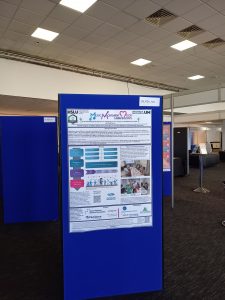
On Monday, after listening to more fascinating talks and having nice conversations during coffee and lunch breaks, I got to present my poster for about 2 hours. Even though the methods of the project are not neuroscientific, I talked to a lot of interested people about it and exchanged contact details. It was great having neuroscience research asking questions and providing feedback from a different perspective. Ellen Poliakoff, who I had met last year at our concert ‘Playlist for Parkinson’s LIVE’ in Manchester, was also presenting a poster right next to me. Afterwards she introduced me to some of her PhD students and invited me to visit her team and give a talk about my work in the next months. So awesome! 😀
On Tuesday I attended a workshop (amongst more talks and poster presentations of course) about research communication delivered by editors of the ‘Inspire the Brain’ magazine. They provided a lot of useful tips on how to communicate your researcher on a lay level to help engage the public more.
On the last day of the conference, I went to a special session called ‘Desert Island Discs Papers’ in which researchers talked about inspiring papers, their careers, and what keeps them motivated when it comes down to writing a paper. They provided a lot of interesting and useful trips, such as having a dog with you that unconditionally supports you throughout the writing process is key. I might have to try this for my thesis then 😉
It was also great to get to spend some more time with Lucy who was also attend the conference. She has introduced me to a lot of people, and we had a great time trying out different seafoods at restaurants in the evenings.
After the end of the conference, I even had some time to try out some of the arcade machines at the famous Brighton Palace Pier.
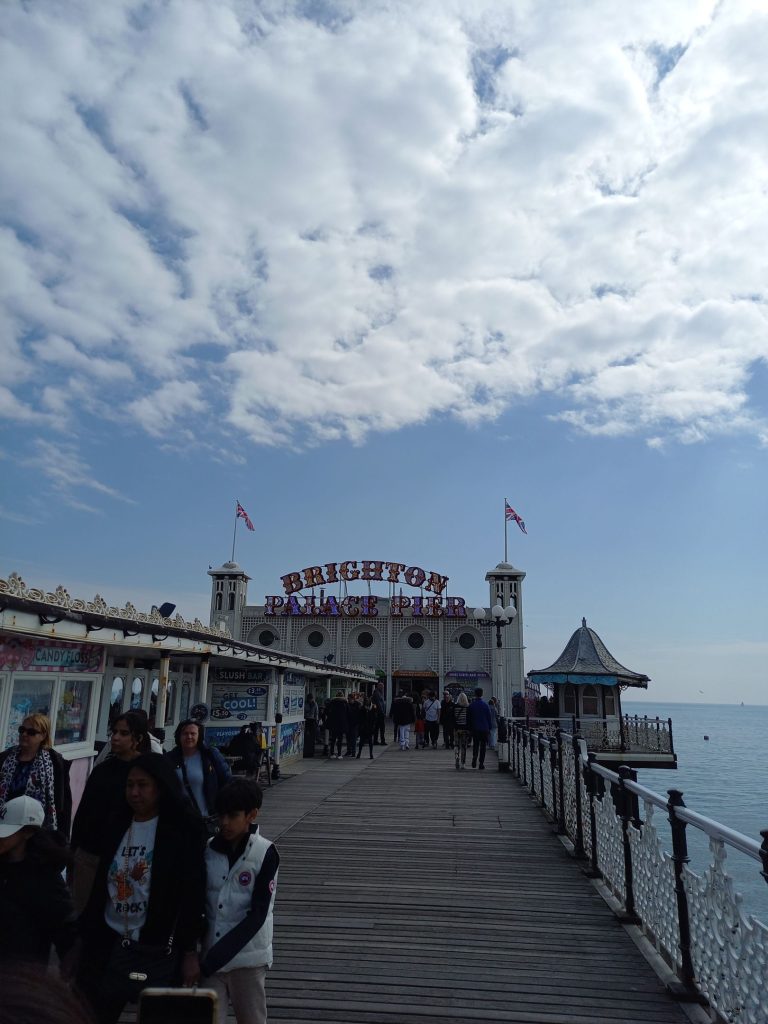
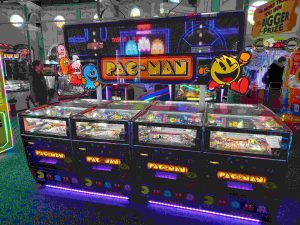
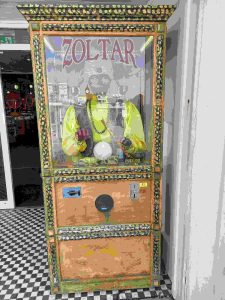
Even though I haven’t won anything, it was still a lot of fun! I also let Zoltar predict my future, and according to him more relaxing times lie in front of me. I hope this means the next measurements, the concert and the ‘Songlines’ course will be fine😅
Anyways, I will see you for the next read. As always, please feel free to leave any comments and have a look at the other posts.
Many thanks, see you soon and take care!

